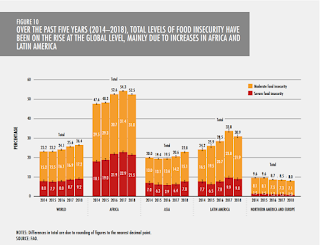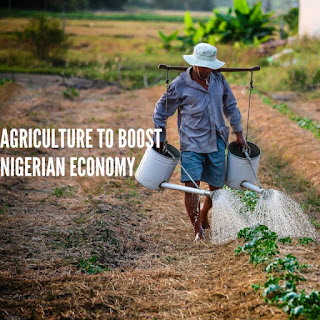Farouk Gumel - Hunger and Poverty – A way out through inclusive value chain development

In September 2015, the United Nations General Assembly adopted the 2030 Agenda for Sustainable Development that includes 17 Sustainable Development Goals (SDGs).The first two goals were "No poverty and Zero Hunger". These Are problems common to all nations although its severity differs in each nation and region. FAO data shows Africa as the region most impacted by hunger and malnutrition. Apart from the obvious fact that we all need food to live, hunger and malnutrition also have other adverse and long-term socioeconomic consequences such as poor health, under education and insecurity. It is a fact that Chronic undernutrition hinders the growth and wellbeing of children under five years old. As these children grow, they will continue to have health and/or learning difficulties. In 2018, 49.5 million children under five were affected by acute malnutrition. It is reported that Africa and Asia accounted for nine out of ten of these cases. These Affected children are excessive



